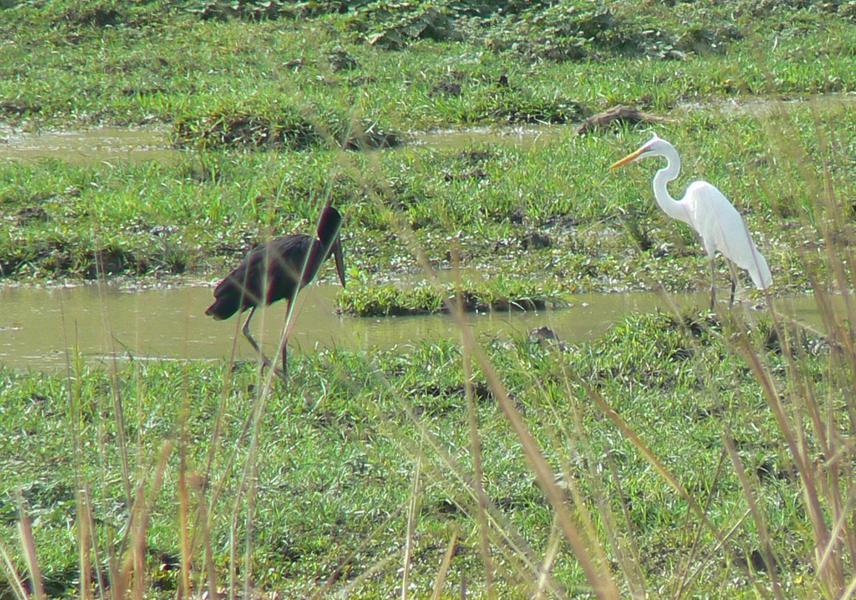Talatu Tende
The project will investigate the possible effects of human activity (farming, fishing, and washing) on the wetland birds of Yankari Game Reserve and ways in which negative impacts can be minimized in the future.

The various wetland bodies within and around Yankari Game Reserve support different biodiversity; especially bird species. During a recent survey of avian species within and around the Yankari Game Reserve Savanna Conservation Nigeria was able to identify locations in one of the Reserve’s support zone-Yashi (The Yashi River) where some water birds take refuge especially during dry seasons of the year. These support zone communities are centre’s of human activity, especially dry season farming, fishing and washing, which may cause a serious threat to the existence and sustainable growth of such birds.
This project will result in detailed [published] survey concerning the habitat and population of wetland birds in the Reserve, as well as generate a baseline data on wetland birds of the Yankari Game Reserve which will be a reference point for future management decisions. The project will further investigate the possible effects of human activity (farming, fishing, and washing) on the wetland birds of Yankari Game Reserve and ways in which negative impacts can be minimized in the future. An educative element of the project will enhance awareness of the Reserves wetland birds and habitats, and will engage the support zone communities of the Reserve in discussion about ways they can positively assist in reducing their impact on the wildlife, especially the wetland birds, with which they live. The involvement of the support zone communities in this work will encourage the rural populace to appreciate the natural resources found around their communities and its potential. The increased awareness of the communities of the high biodiversity of the area will also help to minimize anthropogenic threats to wildlife.
As a result of the project, wetland birds of the Reserve and other fauna and flora within it that depend on the wetlands will be better conserved since the Gaji river within the Reserve has its main source from the various villages located in the reserves support zone. This work concludes with a seminar where all the stakeholders will meet to deliberate on the result/findings of the survey and find a way forward for the conservation of the wetland and the flora and fauna these wetland supports.